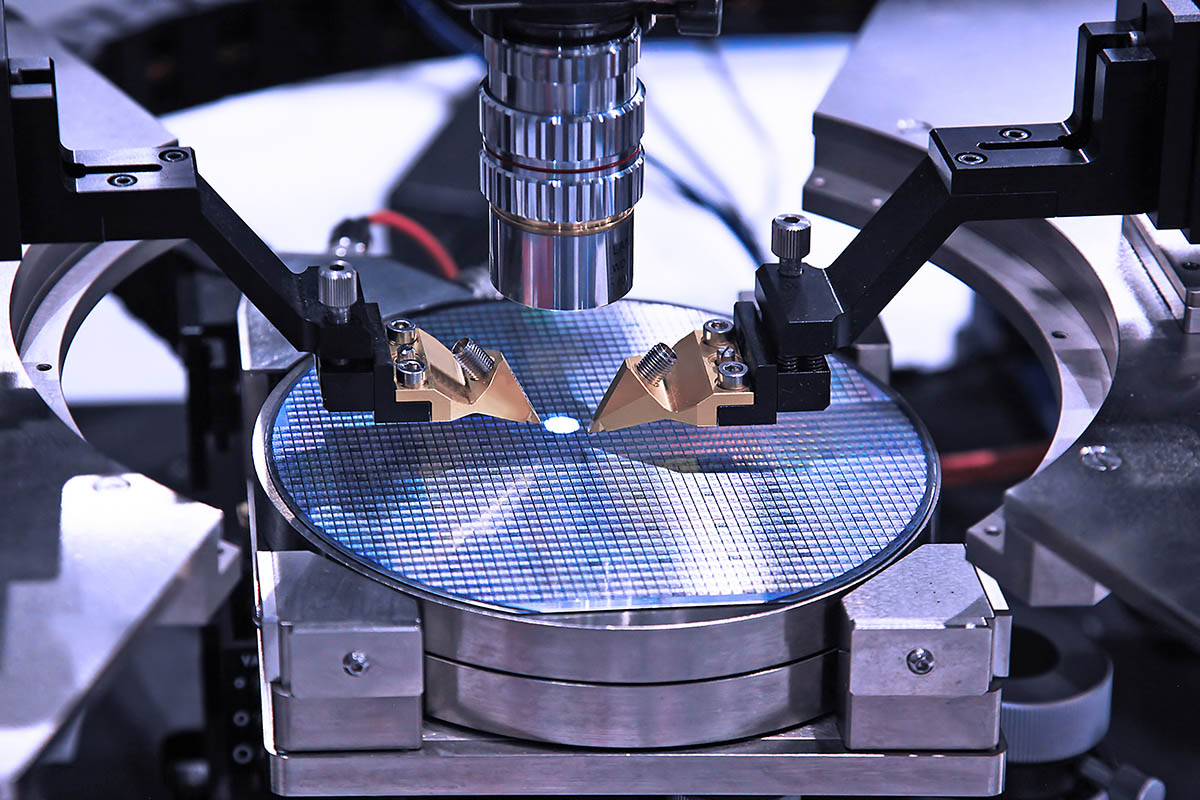Global chip crisis: The wait for new cars and gadgets is about to drag
IT Industry also hit by chip shortage
Have you been planning to upgrade your car or gift an Xbox this Christmas? If so, your plans may get postponed. The world is now staring at a global chip shortage. This scarcity of chip has severely affected several industries that directly or indirectly rely on this chip.
What is a semiconductor chip?
There are several kinds of chip fitted in an electronic device to achieve various functions. The most common of them is the semiconductor chip. The semiconductor chip is a small chip that comes inside of devices you use regularly – cars, washing machines, smartphones, etc. Today there are millions of products that rely on this chip. In cars, for instance, a lot of semiconductor chips are used, and each one serves a different purpose. Similarly, a lot of devices come with more than one chip. Unfortunately, today there aren’t enough of them to meet the demand.
Why is there such a shortage of chip?
Chip shortage is not new; that said, its rate has accelerated several folds with the pandemic playing a major role. As Covid-19 hit nation by nation, several manufacturers foresaw a disruption of demand and supply. This led to stockpiling by many tech giants. The already limping chip demand and supply channel took a hit with this.
Moreover, the pandemic also saw a boost in work from home culture. Many companies placed bulk orders for laptops and other devices, which facilitated smooth working from this new environment. The manufacturing unit also suffered from lockdown and manpower shortage as Covid raged on.
More recently, two main chip manufacturing plants – in Texas and Japan – suffered heavy losses, one due to a storm and another due to fire at a plant.
Koray Köse, an analyst at Gartner says, though, the pandemic was not the sole cause of the chip shortage: “That was probably just the last drop in the bucket.”

How is the IT industry affected by this?
A majority of the devices in the IT infrastructure come with the semiconductor chip. Similar to a lot of MSP’s in Australia, NETCorp too has witnessed this crisis first hand. We are witness to fast emptying shelves, so often customers who enquire for machines and then take time to place the order, are required to wait for days and months before the new stock arrives. Manufacturers have so far been able to catch up with demand though in a delayed fashion.
When will the global chip shortage end?
The production of all goods that require semiconductor chips has been impacted – from automobiles to electronic goods like smartphones, laptops, personal computers, washing machines, TVs, sound systems and even gaming consoles.
Chipmakers are doing their best to ensure sustained supply, increasing the number of factories may not be an easy thing as they cost billions of dollars and require skilled and knowledgeable force to work on semiconductors.

Industry experts are looking beyond 2022 for the issue to resolve. As per Mr Köse, “It is not going to be solved by this Christmas and I find it hard to believe it will be solved by the next Black Friday [November 2022],” he says.
It is an irony that the world is facing this crisis right in the middle of a tech boom.
Major car manufacturers such as Ford, Daimler, Volkswagen, have acknowledged this shortage and are expecting a good delay in building out their cars as per the schedule. Bosses at the tech giants appear sharply aware of this.
The chief executives of Intel and IBM have both said recently that the chip shortage could last two years.
Certain in-demand devices, such as games consoles, could become hard to get, with customers having to wait a few months for the item they want.
Glenn O’Donnell, vice-president, research director at advisory firm Forrester, said the shortage could last till 2023. In a blog, O’Donnell said, “Because demand will remain high and supply will remain constrained, we expect this shortage to last through 2022 and into 2023.”
Other experts feel that the chip sector believe the shortage will last 15-18 months.
The bottom line is the pandemic accelerated an already precarious situation for chipmakers – it means that all sorts of people, could continue to experience delays and disappointment for months to come.
P.S: If you envision a device requirement shortly, we request you to kindly get in touch with us immediately to plan things to avoid possible disruption to your plans.





